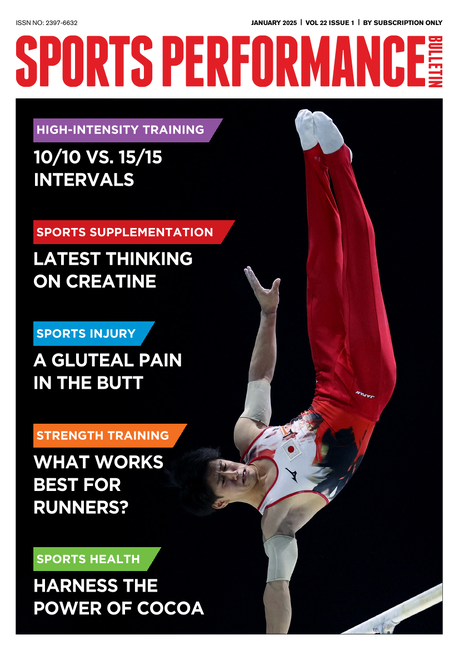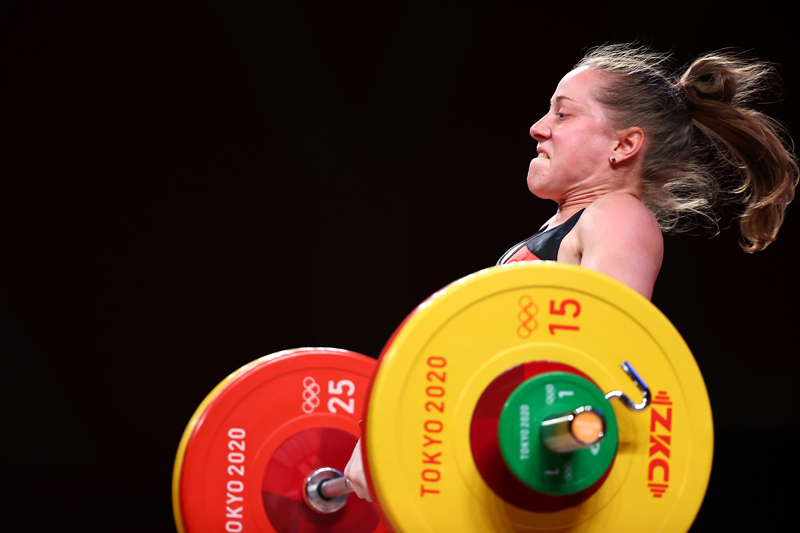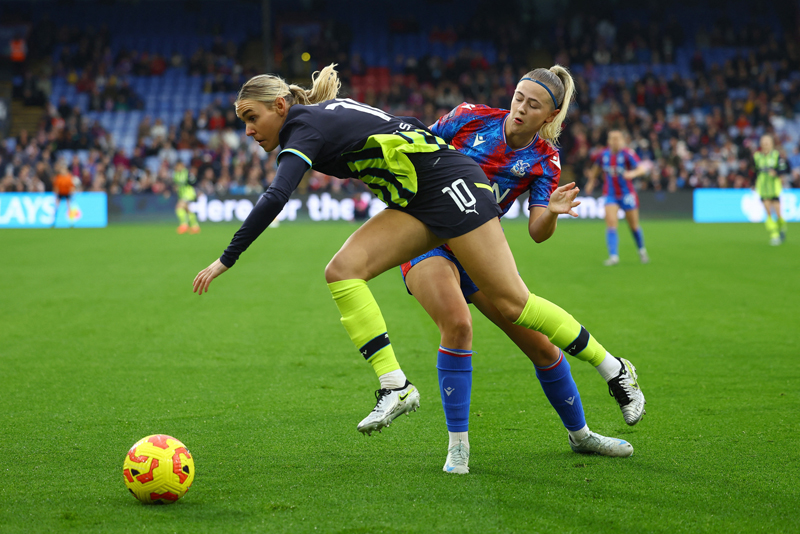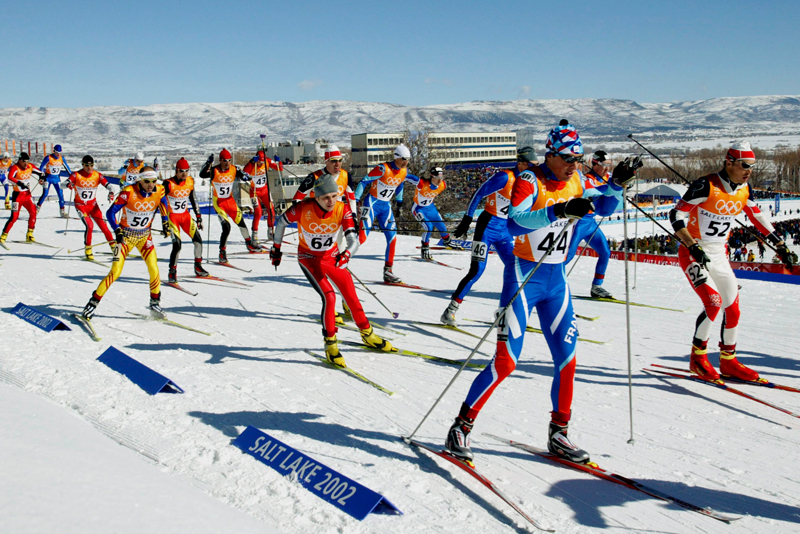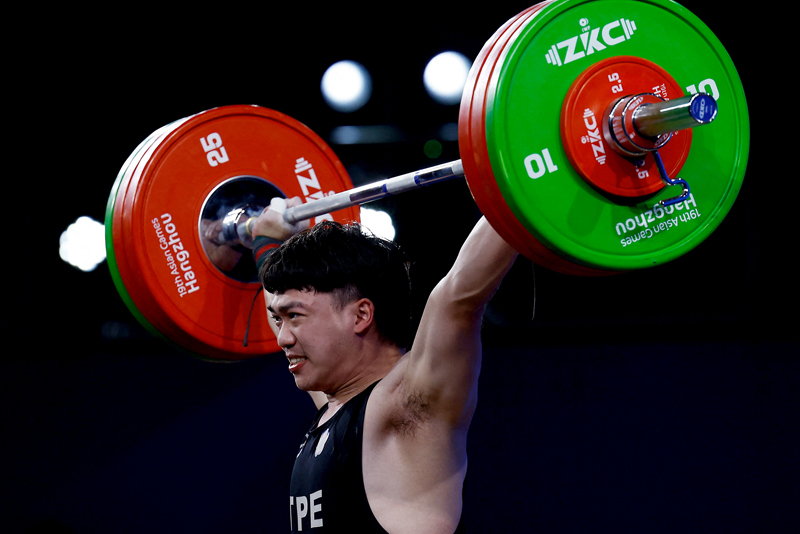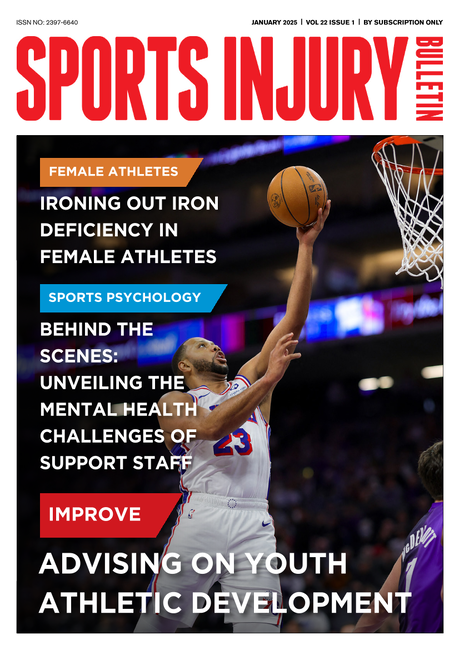You are viewing 1 of your 1 free articles. For unlimited access take a risk-free trial
Post-exercise tipple – yes or no?
However, what about much more modest levels of alcohol consumption? In particular, what are the effects on recovery of consuming alcohol in the period following training – for example during a post-event celebration?
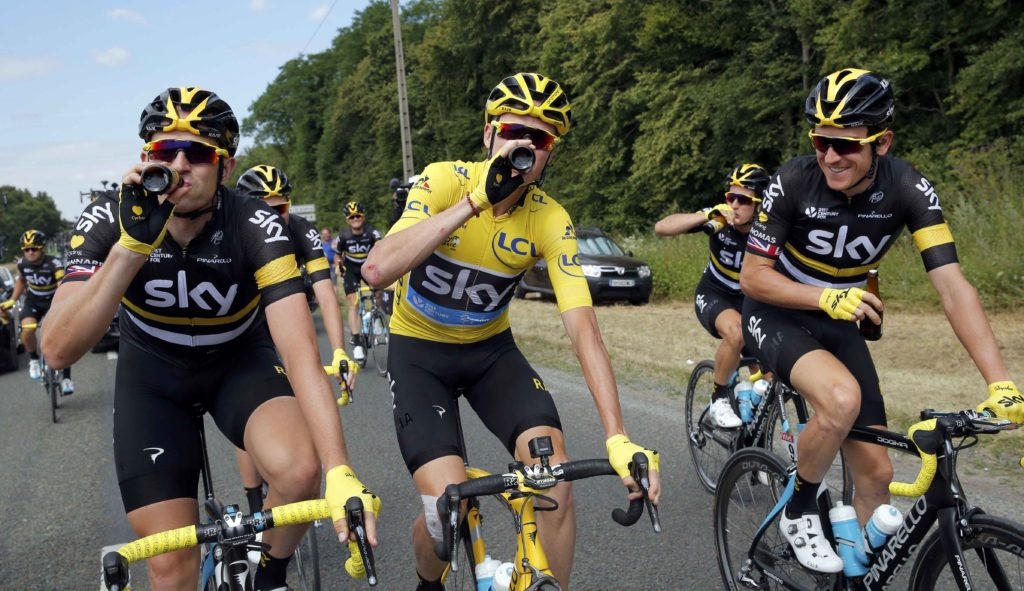
Scientists know that following high volumes of endurance training, excessive alcohol intake can impair the process of rehydration and muscle refuelling (with glycogen)Am. J. Physiol. 1998;275:897–907 Alcohol. Clin. Exp. Res. 1998;22:437–443. But now a newly-published study suggests that consuming alcohol following a briefer, more intense session of exercise may not be as harmful to performance as we once thought.
The research
In this study, scientists investigated the effect of alcohol consumed after heavy eccentric resistance exercise (ie a focus on lowering weights – which produces high levels of soreness) on measures of muscle power. To do this, ten recreationally resistance-trained men completed two identical heavy eccentric squat bouts one week apart, each consisting of four sets of 10 repetitions. The resistance was set at 110% of the subjects’ concentric 1-repetition maximum (muscles are stronger during an eccentric [lowering] contraction) – ie very heavy indeed! Following each bout of squats, the subjects were given a drink:- After one bout, this consisted of an alcoholic drink containing 1.09 grams of alcohol per kilo of bodyweight. This equates to around the same amount of alcohol that would be consumed by an 80kg person consuming a whole 75cl bottle of 13% volume wine – ie quite a lot!
- After the other bout, the subjects were given the same volume of a placebo beverage containing no alcohol.
The findings
The main finding was perhaps quiteunexpected. Although the exercise bout resulted in significantly decreased vertical jump peak power and height after 24 hours, and significantly increased muscle soreness at 24 and 48 hours, consuming alcohol didn’t seem to impact performance – the men performed just as well in the post-exercise testing when they had consumed alcohol as when they hadn’t!As the researchers themselves concluded: “When consumed after a non-novel heavy eccentric resistance exercise bout, alcohol did not affect soreness or recovery of muscular power.” J Strength Cond Res. 2018 Jan 29. doi: 10.1519/JSC.0000000000002455. [Epub ahead of print]
PP VERDICT
The first thing to say is that these results are rather surprising, especially given the amounts of alcohol consumed, and also because earlier research has indicated that consuming alcohol following exercise could interfere with protein synthesisPLoS One. 12;9(2):e88384, 2014, which is part and parcel of the recovery process. It’s also important to point out that while these subjects were tested one and two days later, the tests were brief, and only looked at power/ anaerobic performance. If they’d had to perform a time trial or timed run, the results might have been different. Then of course, there are the health implications; a whole bottle of wine contains 10 units of alcohol, which is more than the current (recently lowered) recommended weekly limits for health. However, what we can conclude perhaps that occasionally consuming alcohol after some resistance training (for example a pint in the bar after a gym session) is probably not going to harm your recovery!PRACTICAL SUGGESTIONS
- Try to allow as much time as possible to elapse between the finish of exercise and alcohol consumption, and if possible, consume a recovery drink, before you begin drinking alcohol.
- Stick to lower alcohol drinks (providing more fluid and less alcohol) if you can. If these are not available, improvise. For example, stronger beers and ciders (56%) can be diluted half and half with lemonade to make lager/cider shandies.
- Wine drinkers can achieve alcohol dilution by consuming mineral water between glasses of wine.
- When consuming alcohol post-exercise, try not to exceed the 0.5g per kilo of bodyweight rule of total alcohol intake. An 80kg athlete should consume no more than 5 of units of alcohol in total while a 50kg athlete should stick to 3 units or less.
Newsletter Sign Up
Testimonials
Dr. Alexandra Fandetti-Robin, Back & Body Chiropractic
Elspeth Cowell MSCh DpodM SRCh HCPC reg
William Hunter, Nuffield Health
Newsletter Sign Up
Coaches Testimonials
Dr. Alexandra Fandetti-Robin, Back & Body Chiropractic
Elspeth Cowell MSCh DpodM SRCh HCPC reg
William Hunter, Nuffield Health
Keep up with latest sports science research and apply it to maximize performance
Today you have the chance to join a group of athletes, and sports coaches/trainers who all have something special in common...
They use the latest research to improve performance for themselves and their clients - both athletes and sports teams - with help from global specialists in the fields of sports science, sports medicine and sports psychology.
They do this by reading Sports Performance Bulletin, an easy-to-digest but serious-minded journal dedicated to high performance sports. SPB offers a wealth of information and insight into the latest research, in an easily-accessible and understood format, along with a wealth of practical recommendations.
*includes 3 coaching manuals
Get Inspired
All the latest techniques and approaches
Sports Performance Bulletin helps dedicated endurance athletes improve their performance. Sense-checking the latest sports science research, and sourcing evidence and case studies to support findings, Sports Performance Bulletin turns proven insights into easily digestible practical advice. Supporting athletes, coaches and professionals who wish to ensure their guidance and programmes are kept right up to date and based on credible science.


